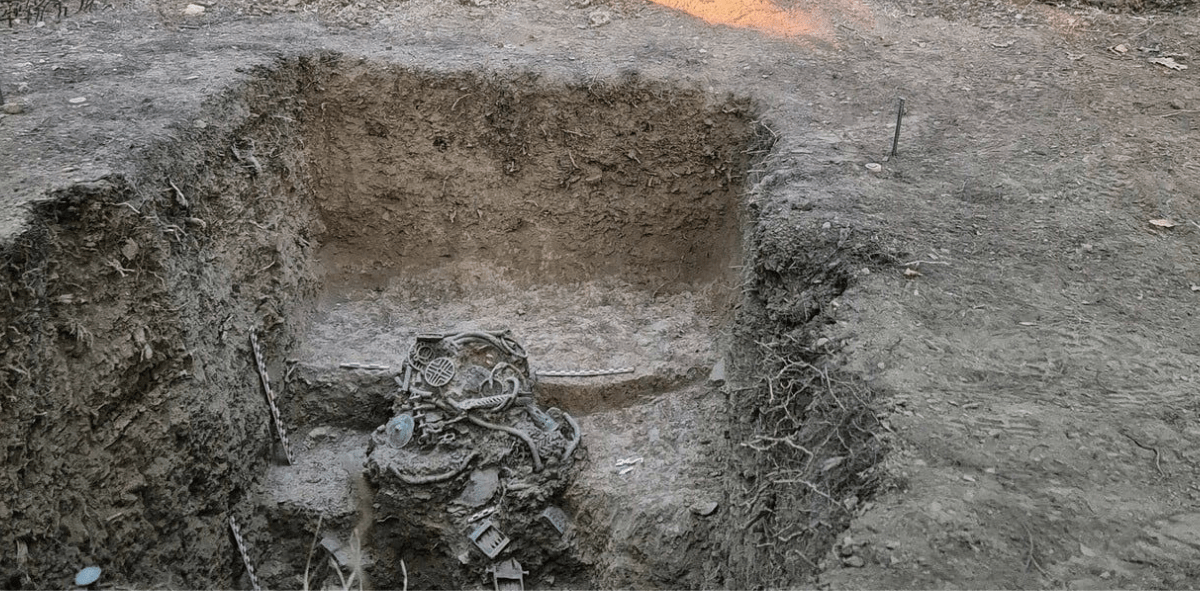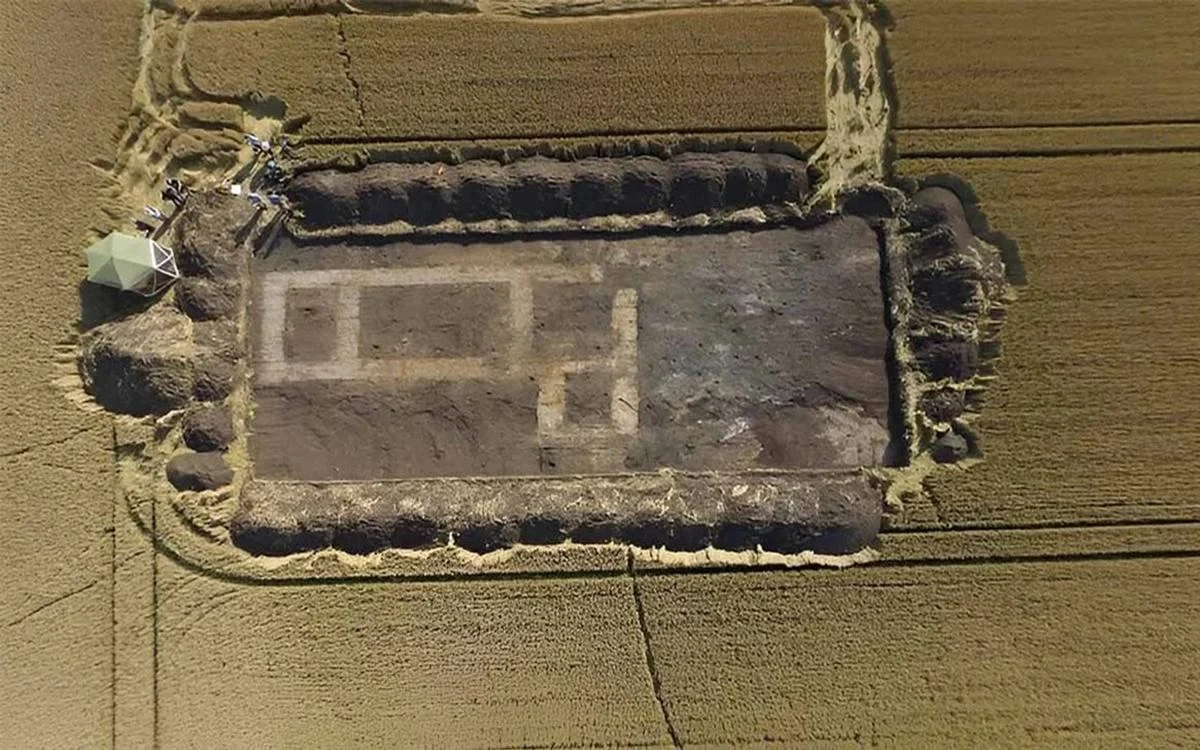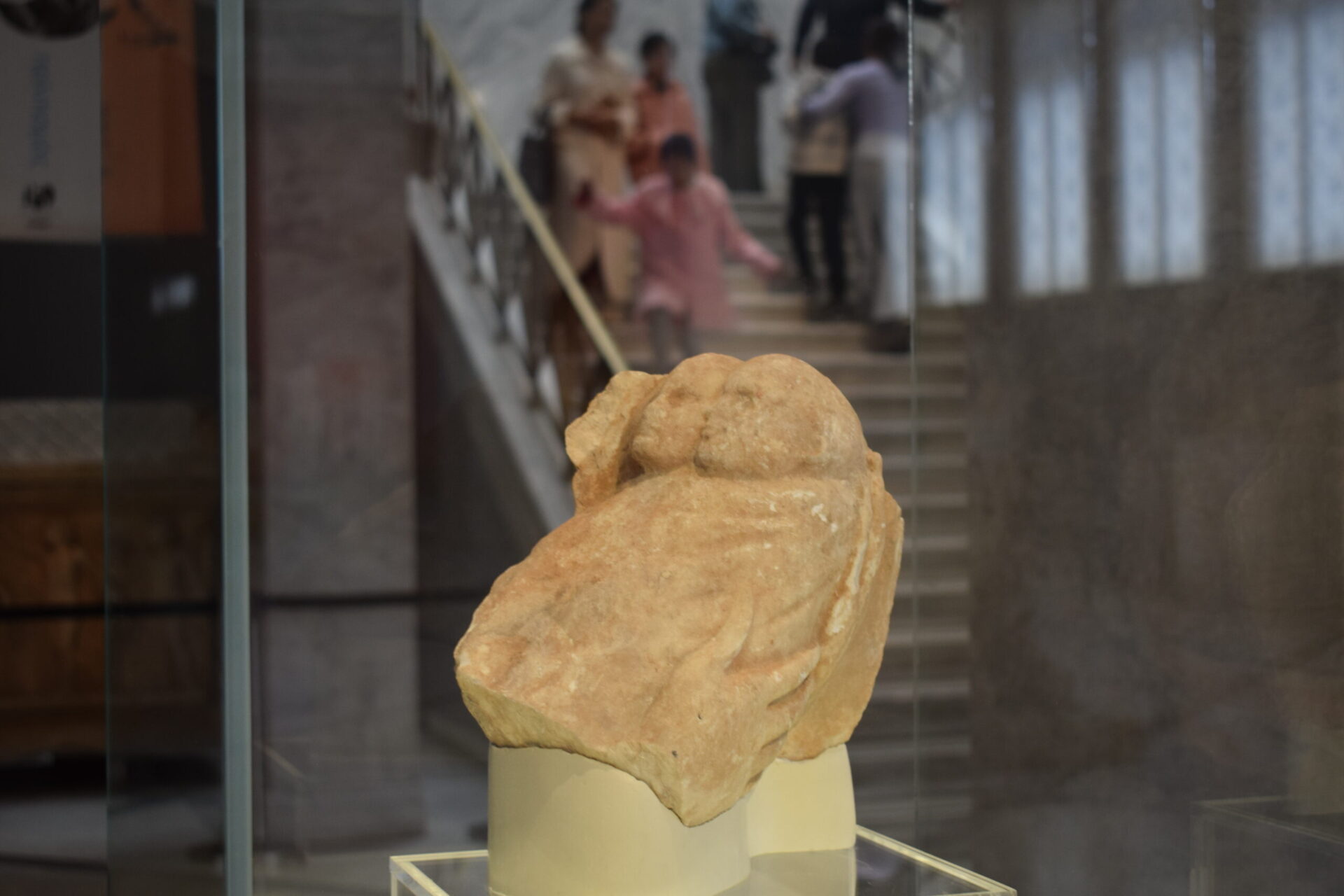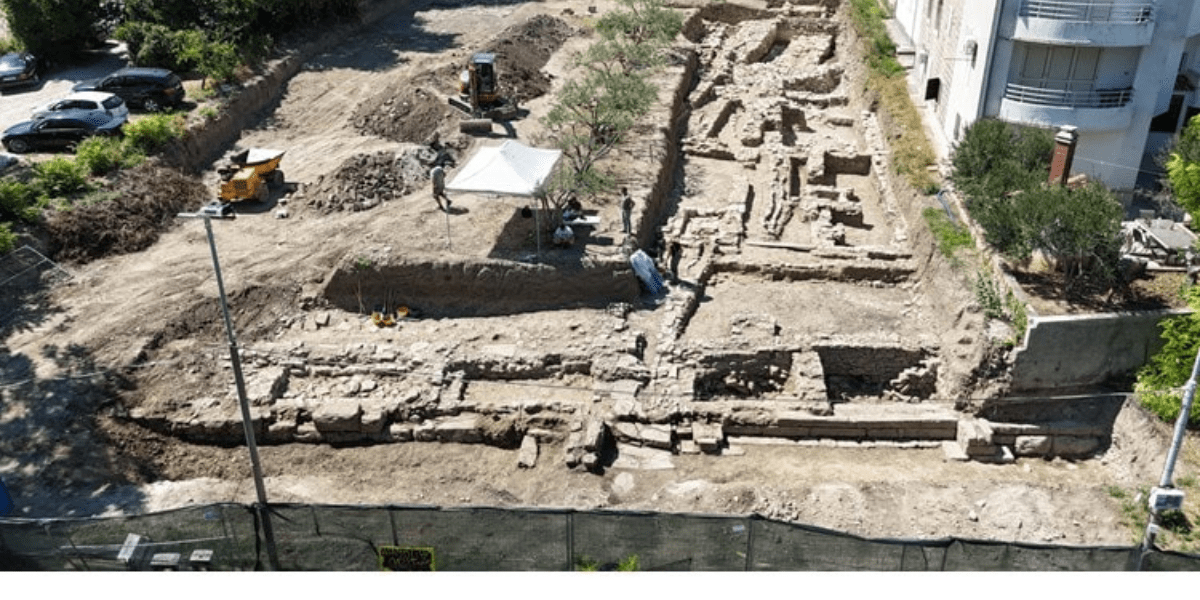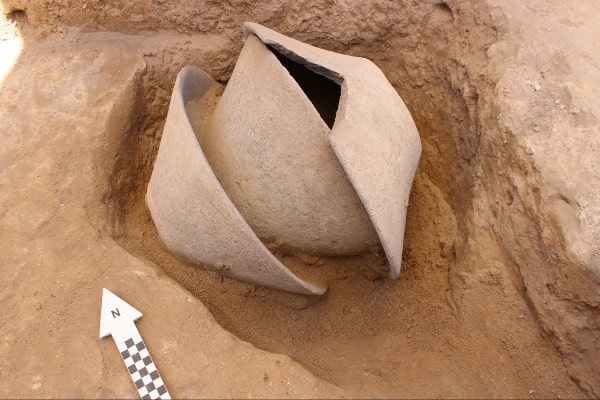A fascinating collection of over 60 bronze and iron artifacts has been discovered through research conducted by volunteers and students participating in an excavation project led by a university team focused on the Bronze and Iron Ages in Bükk, located in northwestern Hungary.
The research centers on an ancient settlement situated at the peak of the Verebce-bérc mountain. This village flourished during the 7th and 6th centuries BC before it was ultimately destroyed in an assault.
This year marks the sixth season of field research and the third season of excavation activities.
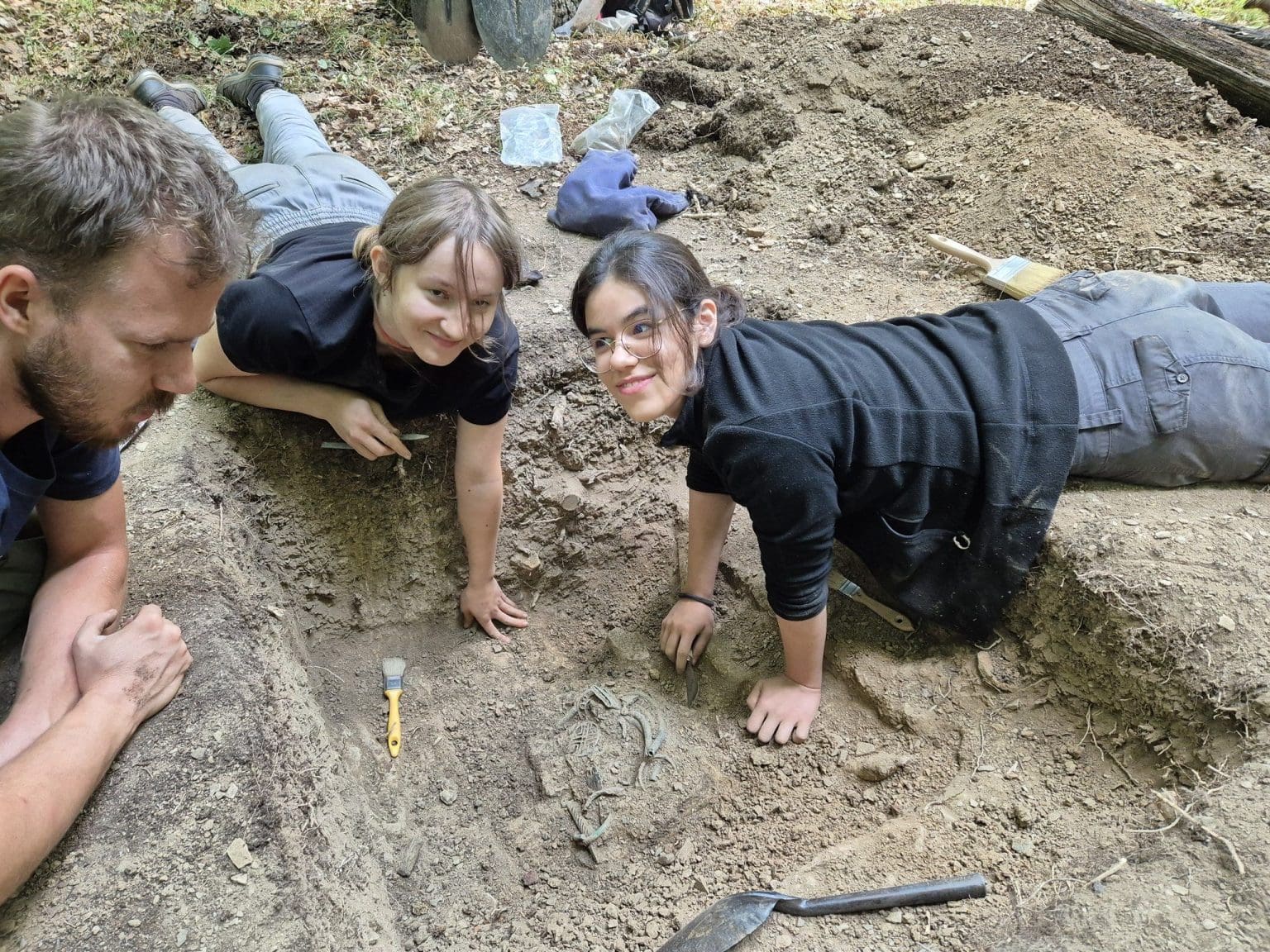
During three research events held this year, the team uncovered structures that had been burned during a previous siege and continued to investigate the area using metal detection tools. Surveys with metal detectors in the region have uncovered a remarkable variety of metal artifacts, providing new perspectives on the cultural ties of the area. The most significant find is a collection of over 60 bronze and iron items, mainly consisting of jewelry and horse harness components, which were likely buried during the siege.
This treasure holds particular importance due to its links to Southeast European cultures, especially those in the Balkan region. Researchers believe that this community was buried to safeguard against the attack, making it an invaluable record of the village’s historical conflicts, trade, and intercultural interactions.
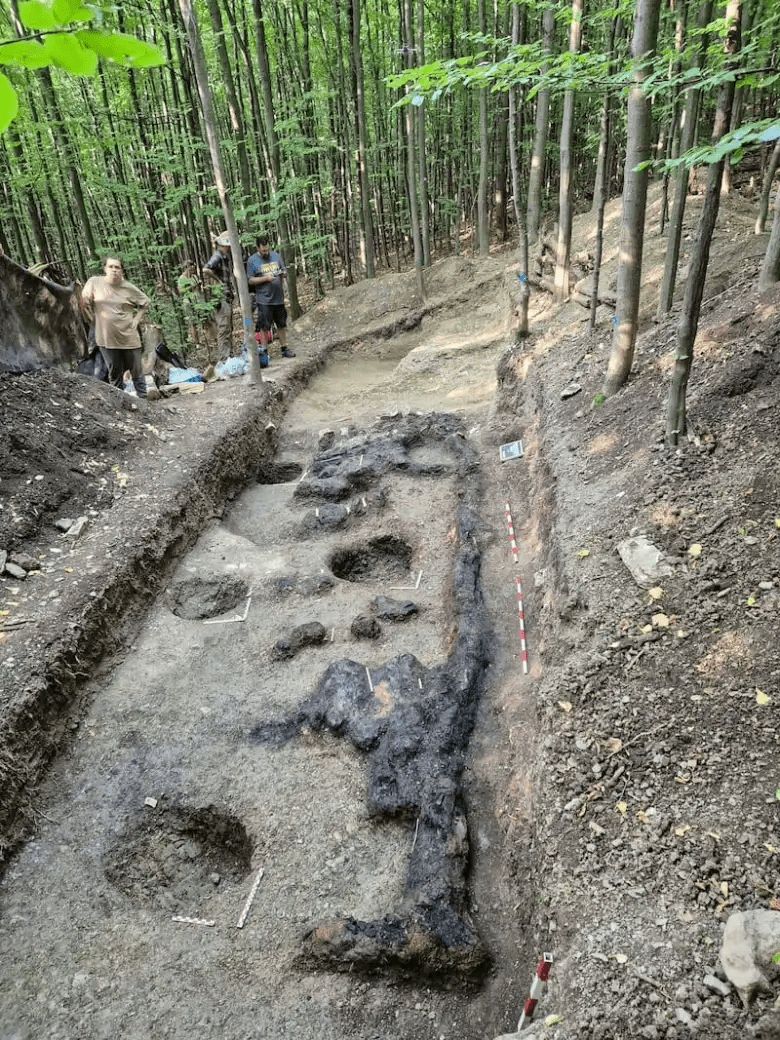
A number of esteemed experts from various universities have been attracted to the project, collaborating on different facets of the research, including logistical support. Among the contributors are archaeologist Bernhard Heeb from Berlin and Professor Martin Golec from Olomouc University. The staff of Bükk National Park has also provided assistance to the team, with experts such as Attila Bartha, Tibor Ézsöl, and Sándor Holló lending their expertise. Additionally, members of the Hungarian National Museum’s National Research Institute, including Zoltán Fullár and Gábor Bakos, have offered their support.
Cover Photo: ELTE BTK Régészettudományi Intézet blogja

